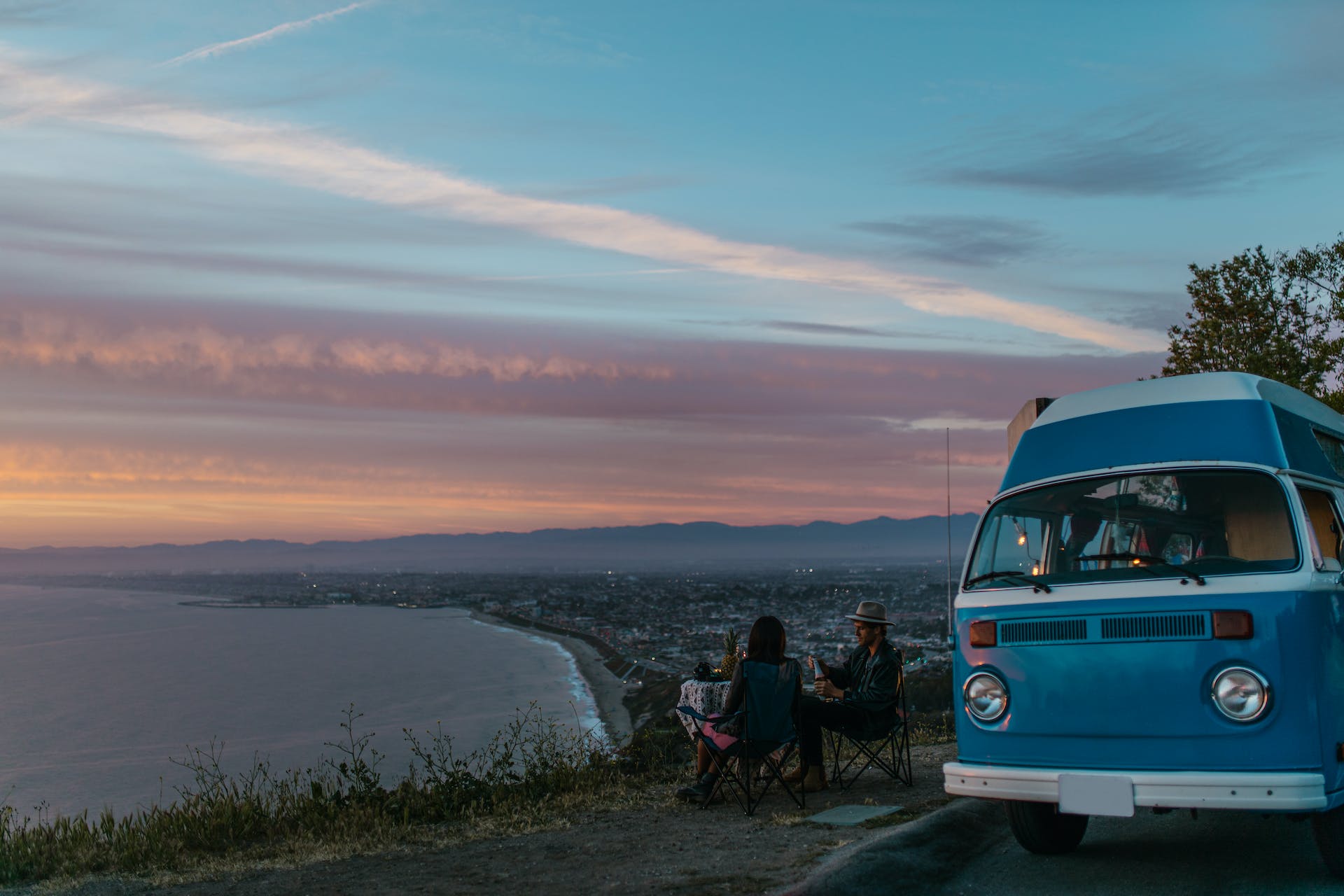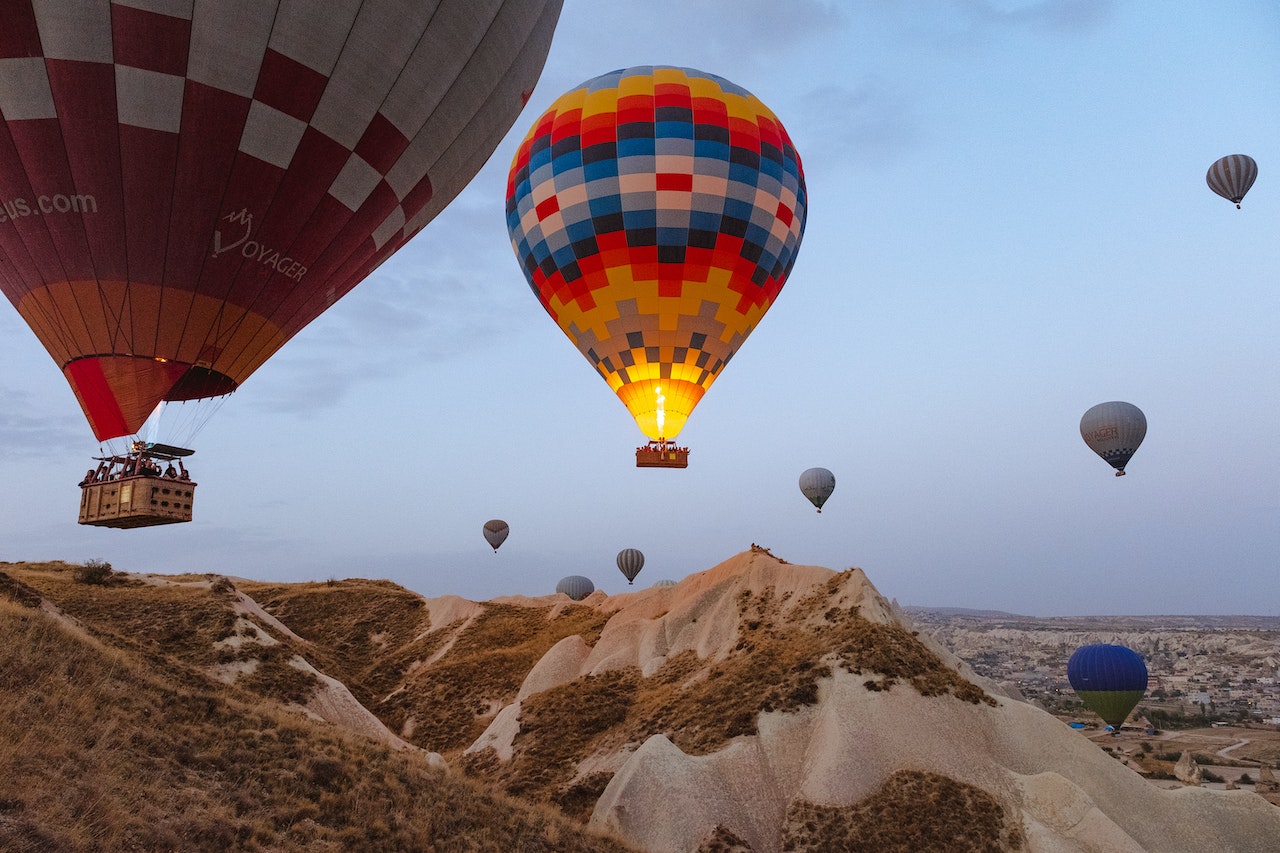ryday life and enjoy the beauty of the winter season in nature while having fun with friends.
But, there are many factors to consider when planning your camping to make it both safe and comfortable. You should keep in mind the weather, get a suitable tent, a camping wood stove, and winter gear, as well as have some experience and knowledge. For example, when camping, it is useful to know how to protect a tent from condensation in winter and how to avoid freezing in a shelter.
But the most essential thing in a winter trip is your motivation. If you want to enjoy your winter travel, you can easily overcome all the challenges related to harsh conditions, especially if you pay attention to preparation and planning in advance.
Let’s look at some aspects of winter camping to make it more comfortable and avoid mistakes so that your camping experience will be nice and exciting.
1. Your equipment must be compatible with extreme conditions.
This is the key advice since you need to make sure that all your gear is suitable for the harsh conditions when going camping in winter. Tents, sleeping bags, and equipment must be of high quality to keep you warm, day or night. Winter gear is usually more expensive than summer, but you shouldn’t skimp because it will help keep you warm and safe on your hike.
It also makes sense to buy a stove or portable heater to maintain a comfortable temperature inside the tent.
2. Stay active while camping.
It is really important to be active when camping in winter. That’s why you should plan your activities in advance. Winter offers excellent opportunities for many hobbies, such as skiing, snowboarding, hiking, and fishing. You can also remember your childhood and have a snowball fight.
The main thing about camping is to have fun and enjoy interesting outdoor activities. With so many hobbies and activities to choose from, you can get an amazing experience and avoid freezing as you move enough to stay warm even if the temperature is low.
3. Pay attention to the choice of campsite.
Where you plan to camp plays a crucial role in making your camping experience enjoyable or making things more complicated. That’s why you need to pay special attention to choosing a convenient spot when planning a trip.
You can find many great places for winter camping: some are well-equipped campgrounds, and others can be wild sites in nature. The choice of location largely depends on your skills, experience, and equipment.
If you are new to winter camping, it is best to camp in an area specifically designated and prepared for camping. Winter weather can easily cause problems, so it’s worth staying somewhere where you can get help if you need it. In addition, equipped campsites usually have well-developed infrastructure, which can make your stay more comfortable, especially in winter.
4. Make sure you set up camp on a safe site.
When choosing a site to set your camp, it is worth finding out more about it. Consider the fauna of the area to eliminate the risk of encountering predators, as well as check location maps, which will not only allow you to better navigate the area but also help you avoid the risk of falling through the ice because some lakes and rivers can be completely covered with snow.
Also, avoid spots with lone or dead trees, as sudden gusts of wind can cause a branch to break and fall on your tent while you are inside. In addition, do not set up your tent at the bottom of a hill, as you are more likely to experience flooding once the temperature rises.
5. Bring more gear.
Today, outdoor gear stores are filled with products designed to make trips better and safer.
To ensure your winter camping experience will be comfortable, you need to pay special attention to your equipment. Tent stoves, thermoses, gas stoves, compact shoe dryers, as well as portable heaters that allow you to keep warm in the shelter will be a big bonus. It is best if you are traveling by car and have more space so you can take everything you may need with you so as not to experience discomfort while being outdoors in winter camping.
6. Dress in layers.
One of the main rules of winter camping is to wear thermal underwear. When choosing clothes, give preference to synthetic fabrics that are designed for cold weather and retain heat. Cotton clothing is not the best choice as it loses heat quickly.
The outer layer of clothing should be waterproof to protect against moisture and water. The inner layer should consist of warm clothing that retains heat. Do not forget gloves, warm socks, and a scarf. To avoid freezing, the head, neck, arms, and legs must be protected.
7. Use the surroundings properly.
The area around your camp is among the main aspects to consider. The better you use your surroundings, the more comfortable your camping experience will be.
One of the benefits of winter camping is that even the snow can be used to improve your camping experience.
Many of us had snowball fights or built snow castles as children. These children’s games can also be useful at a winter camp. If you are outdoors, on a hill, or near water, strong winds can ruin your experience. But you can easily protect yourself from the wind by building a snow wall around your camp. Snow walls are not only a functional solution for camping but also a fun activity. So the more creative you are with your surroundings, the more comfortable your camping will be.








